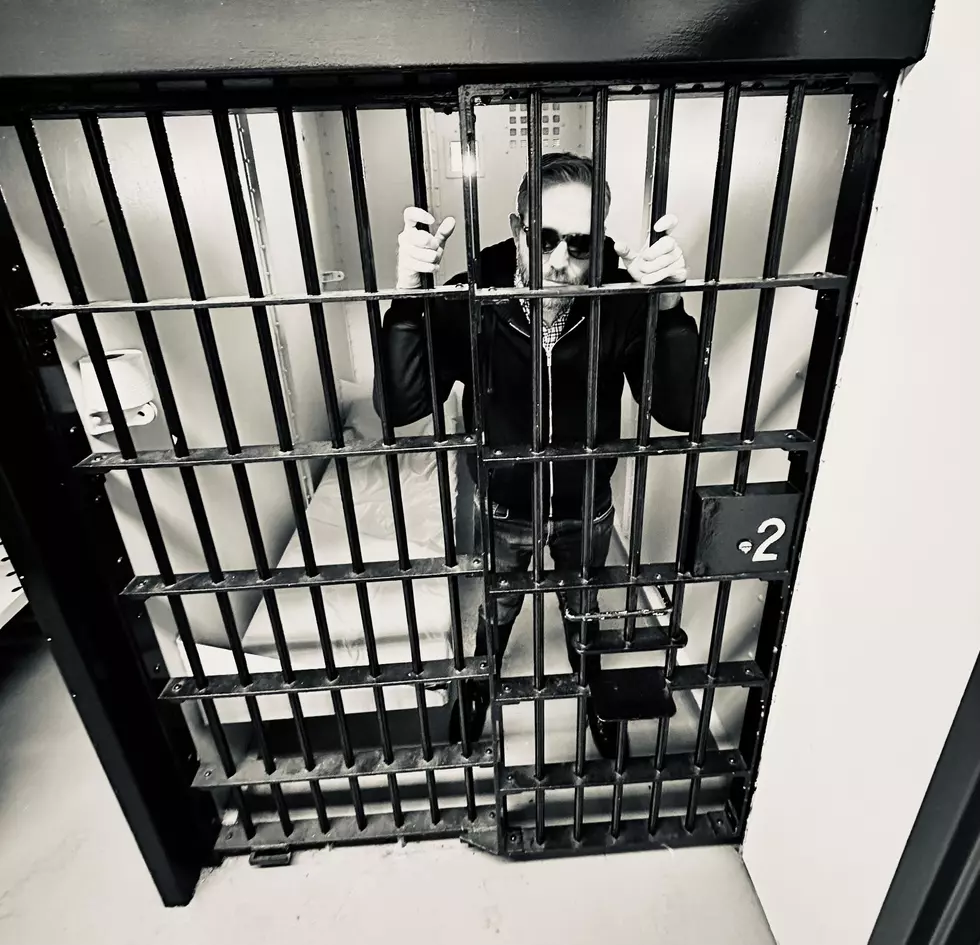
Third Person Dies in Connecticut From EEE Mosquito Illness
A third person has died in Connecticut as a result from the mosquito-borne eastern equine encephalitis virus.
The latest death from the illness was reported in East Haddam, and that person was in their mid 60s.
A fourth Connecticut case has now been reported in Colchester, where the person between the age of 40-49 has been hospitalized.
The two people that had already died from the illness were from Old Lyme and East Lyme.
According to the Hartford Courant, the Connecticut Department of Public Health is reporting that all four were most likely exposed to infected mosquitoes sometime between Aug. 11 and Sept. 8, which was the peak period of mosquito activity in Connecticut.
Dr. Matthew Cartter is a state epidemiologist with the Department of Public Health, and he told the Courant that this outbreak is very unusual, especially in Connecticut:
Sadly, this has been an unprecedented year for EEE activity in Connecticut. Before this year we have had only one human case of EEE in Connecticut, and that was in 2013. In the southeastern part of the state from the lower Connecticut River valley to the Rhode Island border region, the risk of becoming ill as a result of being bitten by a mosquito infected with EEE virus is low but not zero. The forecast is for cooler weather to arrive by the weekend, but the risk of EEE will not be gone until the first hard frost.
Many towns where infected mosquitoes have been found have advised the public to avoid outside activities from dusk until dawn when mosquito's are most active. Also many schools in these areas have changed their sports schedules and moved games start times from late afternoon until right after school, including UConn, which moved its football game in East Hartford Saturday against South Florida from a 7 PM start to a noon kickoff.
Health officials want you to know that most people infected with EEE will have no apparent illness, however some can become very ill. Severe cases of the encephalitis virus usually begin with the sudden onset of a headache, high fever, chills and vomiting, and symptoms appear some four to 10 days after a mosquito bite.
The mosquito virus is one of the most severe mosquito transmitted diseases in the U.S. According to statistics about one-third of people with EEE die from the disease and there is significant brain damage in most survivors. At this time there is a vaccine for horses, however there is no vaccine for people.
More From WRKI and WINE









